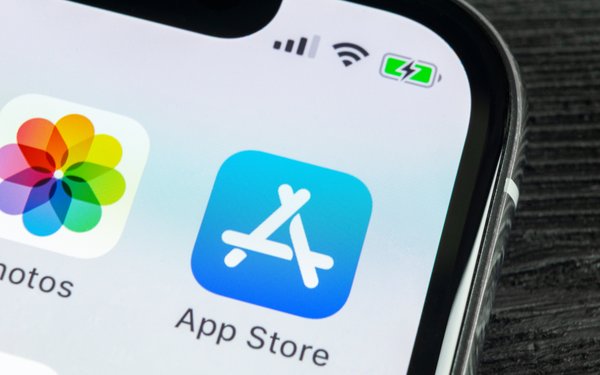
Laws proposed in Arizona and North Dakota would force Apple and
Google to give creators of software and apps options for ways they distribute iOS and Android apps.
The bills, which are related to in-application payments for software applications and
purchases, would allow developers to receive in-app payments through any method they choose -- not just through the app's respective platforms.
“The Arizona House Commerce Committee is
having a hearing tomorrow on a bill to offer software makers protection from app store payment processing extortion and retaliation,” tweeted David Heinemeier Hansson, the creator of
web-application framework Ruby on Rails.
He testified in favor of the North Dakota bill and wrote on Twitter that these bills are exactly the type of relief from big tech dominance that is
needed.
The bills would be one way to reduce the amount of power held by companies like Apple and Google.
Apple has already testified against the bill, reports 9to5Mac. The media outlet reported that Apple Privacy Software Manager Erik Neuenschwander said this combination
of restrictions “threatens to destroy the iPhone as you know it” and would “undermine the privacy, security, safety, and performance that’s built into iPhone by
design.”
Google ranked as the highest mobile publisher worldwide in January 2021 with close to 250 million installs, according to Tower Sensor. Facebook followed at No. 2 with more
than 191 million installs. The remaining 10 includes, in this order, Voodoo, AppLovin, Crazy Labs, Azur Interactive Games, SayGames, Bytedance, Microsoft, and Outfit7.
U.S. consumers spent
nearly $5.9 billion in the top 100 non-game subscription-based mobile apps in 2020, rising 26% year-on-year from the prior year. Subscription apps accounted for 91 out of the top 100 earning apps in
the U.S. in Q4 2020, slightly down from 93 in Q4 2019.
The North Dakota proposed law could change the way apps are distributed and paid for by prohibiting any app distribution service with $10
million or more in annual revenue from being the exclusive method in which the app is distributed for the operating system.
It also would no longer force developers to accept in-app payments
exclusively through the distribution platform’s payment-processing services, and it would prohibit punishment or retaliation against a developer that uses alternative methods for app
distribution or payments.